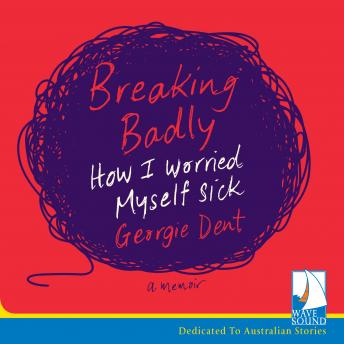

- #I SOMETIMES EAT MYSELF SICK MEANING HOW TO#
- #I SOMETIMES EAT MYSELF SICK MEANING SKIN#
- #I SOMETIMES EAT MYSELF SICK MEANING FULL#
How to avoid hypoglycemia: Do not eat in the 30 to 75 minutes pre-exercise. The most common times we experience this as adults is soon after the onset of exercise, if we mistimed our prior meal or delayed our intra-workout nutrition. It’s the same sugar crash parents try to avoid in their children. You know that time your niece or nephew ate cake and ice cream, was energetic for 45 minutes, but then started screaming and sobbing because they dropped their crayon and you didn’t pick it up fast enough? That was hypoglycemia. Weakness, faintness, irritability, profuse/unusual sweating during exercise RELATED: What Your Food Cravings Are Trying to Tell You 4. This only happens when you are lightyears behind on intra-workout fueling. If you sense hunger during prolonged exercise, it means your hunger signals are so overwhelmingly strong that they have overpowered the extraordinarily strong hunger-inhibiting effect of epinephrine. The strongest of those hormones is epinephrine.Įpinephrine is also released during exercise, because it’s responsible for many of the cellular cascades that result in energy availability. I doubt your next thought was, “I’m hungry.” Hunger was the last thing on your mind, because the body has advanced cellular and hormone signaling that is designed to strongly inhibit hunger during times of fight or flight.
#I SOMETIMES EAT MYSELF SICK MEANING SKIN#
Imagine being in a haunted house and getting scared so much you jumped and your skin tingled. If you are hungry in training, you are way behind in your intra-workout fueling and, as far as your performance is concerned, it’s an emergency. RELATED: What’s the Difference Between Aerobic and Anaerobic? 3. While probably not harmful overall, what you are really tasting is the contents of your damaged blood cells-so definitely not something to strive for. Running an all-out 400m or doing a hard 90-second anaerobic effort on a bike might get you there, because of the high intensity.

“Tasting the penny” is a badge of honor for old-school track and cross country folks, but it probably just means you are rupturing blood cells because of your extremely high-intensity effort. RELATED: Beyond Pasta: The New Rules of Carb Loading 2. Not ideal! The way to prevent this is to fuel with a higher carbohydrate intake before and during exercise. What your body is telling you is your muscles are being directly broken down, metabolized, and used for energy during your exercise. The reason you smell ammonia is because the protein breakdown product urea is being produced faster than it can be excreted by your kidneys, and is subsequently leached into your sweat as ammonia. Smelling ammonia usually happens towards the end of a long or challenging workout and is a strong indicator that you have been burning protein as fuel. Here are some common body signals you should pay attention to: 1. RELATED: Why Do I Get Dizzy After Swimming? Some of those interplays give off odd sensations and experiences when things go askew in training, and it’s those sensations that you should listen to. These signals don’t come in words they come in the form of organic molecules and complex interplays between them. The problem is you don’t always recognize the signals your body is giving you.
#I SOMETIMES EAT MYSELF SICK MEANING FULL#
Your body is full of signals that are trying to tell you something-whether you’re training too hard, not eating enough, needing more sleep. Heading out the door? Read this article on the new Outside+ app available now on iOS devices for members!


 0 kommentar(er)
0 kommentar(er)
